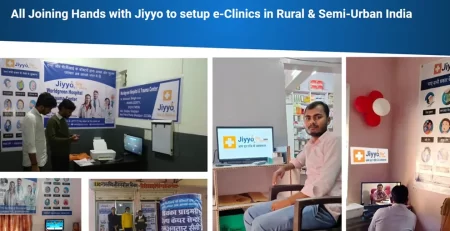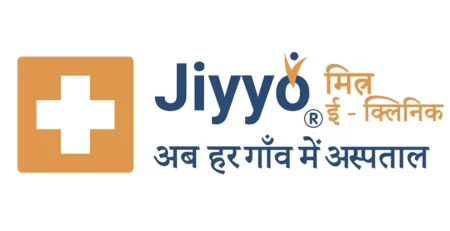AI-Driven Telemedicine: The Future of Personalized Healthcare
Why is AI the game changer?
AI-equipped telemedicine in the current society gives a new dimension to personalized health care whereby one can talk to a doctor on the phone or through a video call hence reducing the need to attend a clinic or hospital. The role of AI in the medical field is to predict accurate diagnoses and recommend treatments to make them more patient-oriented. Integrating AI with telemedicine reduces the number of tasks assigned to a healthcare professional as simple works like checking on patients, sorting through information, and coordinating appointments are already accomplished by AI. These systems quite quickly analyse large quantities of patients’ data and return diagnostic interpretations along with recommendations on treatment. In addition to that, this technology also enables focusing on pre-emption meaning it predicts health issues as early as possible, allowing for timely intervention and reducing the risk of problems.
AI’s impact on personalised patient care: A Revolution in Healthcare!
Personalised healthcare refers to the adjustment of the treatment regimens of the patients according to their individual needs without following the standard regimen. AI plays an important role in this by performing analysis of large data sets for example genetic information, lifestyle, and environment to come up with a unique custom care plan for each patient. For example, it can suggest the most effective medication and dosage tailored to a patient’s health profile. This enhances treatment precision and effectiveness. Moreover, AI tools can track a patient’s health continuously, adjusting care as needed based on real-time data, which helps avoid unnecessary treatments and better manage potential risks.
The pandemic push: How COVID-19 unveiled AI capabilities in healthcare?
Worldwide COVID-19 spread brought changes in what had been “normal” health and emergency medical delivery practices before the onset of the pandemic. The early stage of the pandemic tested the limits of our healthcare system, revealing the vulnerabilities in preparedness and gaps in providing accessible and quality care, highlighting the need for immediate and smart solutions, and that’s when AI played a pivotal role. Platforms like Arogya Setu and e-clinics were built to improve healthcare access, especially in rural India. These platforms aimed to reach a large population and offered remote consultation by providing vital care, especially to those living in most remote places. Thus, by providing AI-supported telemedicine services, these e-clinics managed to keep the healthcare functional even during the most challenging times.
The challenge solution dynamics:
Although AI-assisted telemedicine has a lot of advantages, still there are several challenges, including information security issues that cannot be controlled by intelligent algorithms and integrity in access relationships, usage of new methods and ideas, and the requirement of major investments in the rehabilitation and training of doctors. AI-assisted healthcare is still in its developing stage. The advancement that we have witnessed so far is impressive and we can expect a bright future in healthcare aided by AI with full of new possibilities, innovations, and outcomes ahead of us.
Reference:
Sharma S, Rawal R, Shah D. Addressing the challenges of AI-based telemedicine: Best practices and lessons learned. Vol. 12, Journal of Education and Health Promotion. Wolters Kluwer Medknow Publications; 2023.
Haleem A, Javaid M, Singh RP, Suman R. Telemedicine for healthcare: Capabilities, features, barriers, and applications. Vol. 2, Sensors International. KeAi Communications Co.; 2021.
Wootton R. Clinical review Recent advances Telemedicine [Internet]. Available from: www.coh.uq.edu.au
https://link.springer.com/referenceworkentry/10.1007/978-3-030-58080-3_93-1
Burkle, F. M. Jr. [2019]. Challenges of Global Public Health Emergencies: Development of a Health-Crisis Management Framework. The Tohoku Journal of Experimental Medicine, 249[1], 33-41. https://doi.org/10.1620/tjem.249.33
Stratton SJ. Post-Pandemic Emergency Medical Services. Prehosp Disaster Med. 2021 Jun;36[3]:249-250. doi: 10.1017/S1049023X2100039X. Epub 2021 Apr 6. PMID: 33820579; PMCID: PMC8418900
Asim Kichloo, Michael Albosta, Kirk Dettloff, Farah Wani, Zain El-Amir, Jagmeet Singh, Michael Aljadah, Raja Chandra Chakinala, Ashok Kumar Kanugula, Shantanu Solanki, Savneek Chugh – Telemedicine, the current COVID-19 pandemic and the future: a narrative review and perspectives moving forward in the USA: Family Medicine and Community Health 2020;8:e000530. https://doi.org/10.1136/fmch-2020-000530









